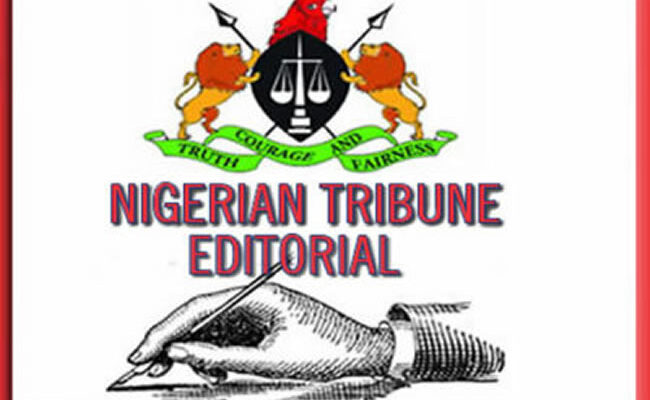
BATTLING economic deprivation and hunger, many Nigerians were excited recently when President Bola Tinubu ordered the full implementation of the Oronsaye report. The report named after Mr Stephen Oronsaye, a former Head of Service of the Federation and chairman of the Presidential Committee on the Rationalisation and Restructuring of Federal Government Parastatals, Commissions and Agencies, had more or less been gathering dust since it was submitted to the government 12 years ago. In 2011, President Goodluck Jonathan established the presidential committee which Oronsaye chaired. The 800-page report submitted in 2012 highlighted the existence of 541 Federal Government parastatals, commissions and agencies, both statutory and non-statutory, and recommended the reduction of statutory agencies from 263 to 161; the scrapping of 38 agencies, merger of 52, and reversal of 14 to departments in different ministries. A previous investigation found that the government could have saved more than N241 billion if the recommendations had been implemented.
The objective of the Federal Government under President Jonathan was to address mounting concerns about inefficiency, duplication and bloated bureaucracy that had over the years been the middle name of Nigeria’s federal civil service. The report has since got a multiplicity of mentions for offering an opportunity to the government to reform its public service landscape. This document was lauded for distinguishing itself among public administration documents for the possibilities encapsulated within it to improve civil service efficiency, eliminate redundancy or reduce it to the barest minimum, and help Nigeria to streamline its governmental operations. However, beyond its expression of interest in implementing it, the Muhammadu Buhari government never allowed the document to see the light of day. But the Tinubu government has announced the merging, subsuming, scrapping and relocation of several agencies. It even gave indications about which ministries and agencies were to be merged.

Ordinarily, by proposing to revisit the report, the Tinubu government has taken a step in the right direction. Sadly, there were 263 agencies that were recommended to be reduced to 161 some 12 years ago, but now the number has spiked. The gross duplication of agencies has made many government offices mere drain pipes on the public purse. We are however bothered that while the Tinubu government is mouthing the implementation of the Oronsaye report, it is giving scant heed to the bloated size of its ministries and the appointments the president has made since he assumed office. The president who wants to downsize agencies is daily causing a spike in the number of appointees under his hold. More than nine months after his inauguration, the president is still making appointments without any let into the same agencies that he supposedly intends to downsize. While we reckon that the implementation of the report is the right step to take, it can only be hoped that the government is sincere this time around. Its large cabinet, which is against the spirit of the report, does not give much indication of seriousness on its part. This government should stop the perception in the minds of public office-holders that offices given out at its behest are “jobs for the boys”, meaning jobs held as settlement for political favours to cronies and supporters.
Judging by the facts above, it becomes difficult to believe that the publicised adoption of the Oronsaye report by the present government is not a mere smokescreen. The government, in nine months, has created more ministries and agencies than its predecessors, raising questions about whether it is indeed genuinely interested in streamlining government establishments. The government has been mouthing tales of inherited negative economic indicators being responsible for the parlous state of the economy. That is why its jamboree in creating new ministries and agencies even while complaining about lack of resources is confounding to perceptive watchers of its affairs. We expect this government to have known that economic downturn ordinarily calls for downsizing and not the creation of additional financial burdens. In this wise, it needs to stop increasing the retirement ages of public servants. We can only then hope that the current signal represents a genuine change of heart that would see the government drastically lowering the cost of governance by limiting funds for frivolities and ensuring that only important and justifiable costs are incurred.







